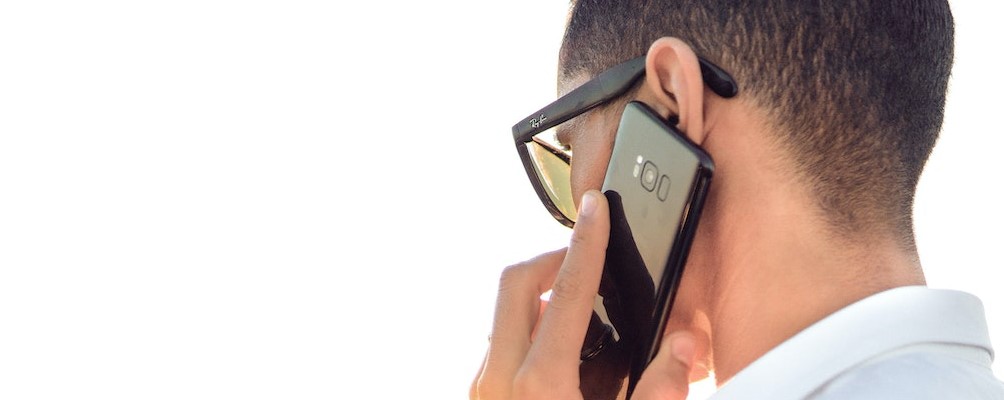
Who Can Be an Anonymous Whistleblower
When you adopt an ethics hotline for your business, you can leverage a host of ethics-related benefits as an organization. One of the unique aspects of an ethics hotline that makes it so effective is the availability of the hotline to anyone. Anyone can be a whistleblower, meaning the ethics hotline is a great way to deputize the masses in prioritizing your ethical operations. Today, we’ll share some examples of who can be an anonymous claimant and examples of violation types these individuals can rightfully bring to your attention
Employees and Staff
Of course, the first line of defense in keeping ethical best practices within your company operations are your employees and staff. However, the confidential nature of an ethics hotline provides the same reporting power to anyone among your ranks. So, it’s not just company managers who can report concerns. Entry-level workers, seasonal workers, temporary employees, and independent contract workers can all be comfortable calling in a concern should they witness or perceive an ethics violation.
Example: An entry-level worker can report discrimination during the hiring process or report faulty equipment on a shop room floor.
Customers and Clients
When you implement an ethics hotline, you’ll want to share its availability with the general public. This might include messaging on your fleet of company vehicles, signage at your facility, and dedicated ethics pages on your website. This allows your prospects, customers, and clients to report concerns should they encounter them. And customers will view your brand as more reputable when you “ask” for them to report unethical behavior, too.
Example: A customer can report unethical behavior during the sales and service process, including any instances of sexual harassment.
Vendors and Suppliers
Within your organization, you’ll likely have to rely on the goods and services of various vendors, suppliers, and business partners. When you have an ethics hotline in place, rest assured that these partners can also become anonymous whistleblowers to report unethical behaviors they encounter. As a company leader, you can’t be everywhere nor able to supervise everyone. But your frontline vendors have a unique vantage point into your operations and can be great resources for spotting ethics concerns.
Example: A vendor can report instances of financial fraud, data privacy breaches, or discrimination during RFP processes.
Site Visitors and Guests
If your business model involves a storefront or facility that welcomes visitors, you can essentially deputize guests to report suspicious behavior. Retail businesses, restaurants, banking institutions, warehouses, distribution centers, office facilities, call centers, and more can all entertain visitors and guests onsite. And as these guests move through your company spaces, they, too, might spot ethics concerns or unsavory behavior. And because they can anonymously step up as whistleblowers, you have yet another group of people who can help you stay on top of your ethical efforts.
Example: Guests can report harassment, safety concerns, or theft they might witness during their visits.
With an ethics hotline, you can essentially deputize anyone to report ethics violations or concerns. And because hotlines are confidential and anonymous, literally anyone can become a whistleblowing informant. The broader the audience of watchdogs in your business, the more in-tune you’ll be with maintaining and improving your ethics policies and management efforts. Need help with an ethics hotline for your business? Call Ethical Advocate to get started!
